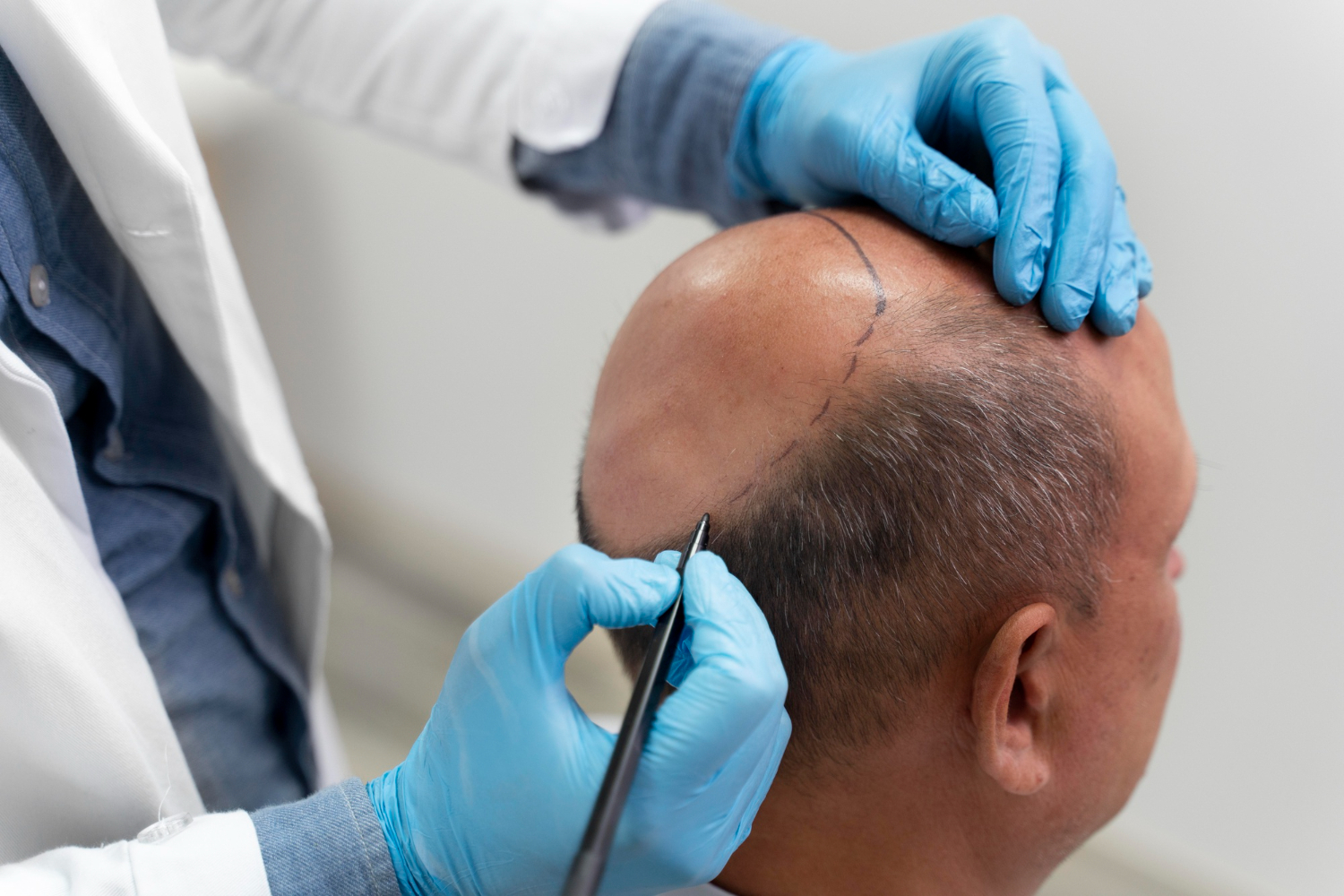Undergoing a hair transplant in Riyadh is a significant investment, both financially and emotionally. While clinics typically provide an upfront cost for the procedure, it's crucial for prospective patients to be aware of potential "hidden" or overlooked costs that can significantly impact the final expenditure. Understanding these additional expenses can help individuals budget more accurately and avoid unwelcome surprises. Understanding hair transplant cost in Riyadh can help you make an informed decision about your treatment and budget.
One of the most common hidden costs relates to pre-operative consultations and diagnostic tests. While some clinics might include an initial consultation in their overall package, follow-up consultations or specialized tests often come with separate fees. Before the procedure, a surgeon might recommend blood tests, scalp analyses, or other medical assessments to ensure you are a suitable candidate and to rule out underlying conditions that could affect the transplant's success. These tests are vital for safety and optimal outcomes but can add to the total cost if not explicitly included in the initial quote.

Post-operative medications and care products represent another significant, often underestimated, expense. After a hair transplant, patients are typically prescribed a range of medications. These commonly include:
- Antibiotics: To prevent infection in the donor and recipient areas.
- Anti-inflammatory drugs (e.g., Prednisolone): To reduce swelling that can occur after the procedure.
- Painkillers: For managing any discomfort in the days following the surgery.
- Specialized shampoos and lotions: These are crucial for the delicate care of the newly transplanted grafts and the donor area, promoting healing and optimal growth. They are often pH-balanced and gentle, and a typical clinic might recommend specific brands or provide their own.
These medications and care products are essential for a smooth recovery and to maximize the survival rate of the transplanted grafts. Their cost can accumulate over weeks or even months, depending on the recommended regimen, and are frequently not part of the initial transplant package.
Follow-up appointments and supplementary treatments can also incur additional costs. While a few post-operative check-ups might be included, extensive follow-up care or treatments aimed at enhancing results often come with extra charges. Many clinics recommend Platelet-Rich Plasma (PRP) therapy sessions after a hair transplant to stimulate hair growth and improve graft survival. While highly beneficial, these sessions are almost always an additional expense, ranging from hundreds to thousands of Riyals per session, and multiple sessions are usually advised. Similarly, low-level laser therapy (LLLT) or ongoing use of hair loss medications like Minoxidil or Finasteride (which are crucial for maintaining existing hair and preventing further loss in non-transplanted areas) will be continuous, out-of-pocket expenses.
Unexpected complications or revision procedures are perhaps the most substantial hidden costs. While hair transplants are generally safe, no surgical procedure is entirely without risk. Complications such as infection, poor graft survival, unnatural-looking results, or insufficient density may necessitate further intervention. A revision hair transplant, which involves another surgical procedure to correct or improve the initial outcome, can be as expensive as, or even more expensive than, the original transplant, depending on the complexity. While reputable clinics strive for excellent results and may offer some form of guarantee, it's crucial to understand the clinic's policy on revision procedures and who bears the cost if the outcome is not satisfactory.
For patients traveling from outside Riyadh, travel and accommodation expenses can be significant hidden costs. Even if the procedure itself is fixed, the cost of flights, hotel stays, local transportation within Riyadh, and meals for the duration of the trip (including recovery time) can add up quickly. Some clinics might offer "all-inclusive" packages that cover these aspects, but often, the patient is responsible for arranging and paying for their travel logistics.
Finally, the Value Added Tax (VAT), a standard tax in Saudi Arabia, may not always be explicitly included in the initial quote provided by clinics. Patients should clarify whether the quoted price is inclusive or exclusive of VAT to avoid a last-minute addition to their bill.
To avoid these hidden costs, it is imperative to have a comprehensive and transparent discussion with the clinic and surgeon before committing to the procedure. Request a detailed breakdown of all potential expenses, including pre- and post-operative care, medications, follow-up visits, and any recommended supplementary treatments. A reputable clinic will be upfront about all costs, allowing you to budget effectively and make an informed decision about your hair transplant journey in Riyadh.




Comments